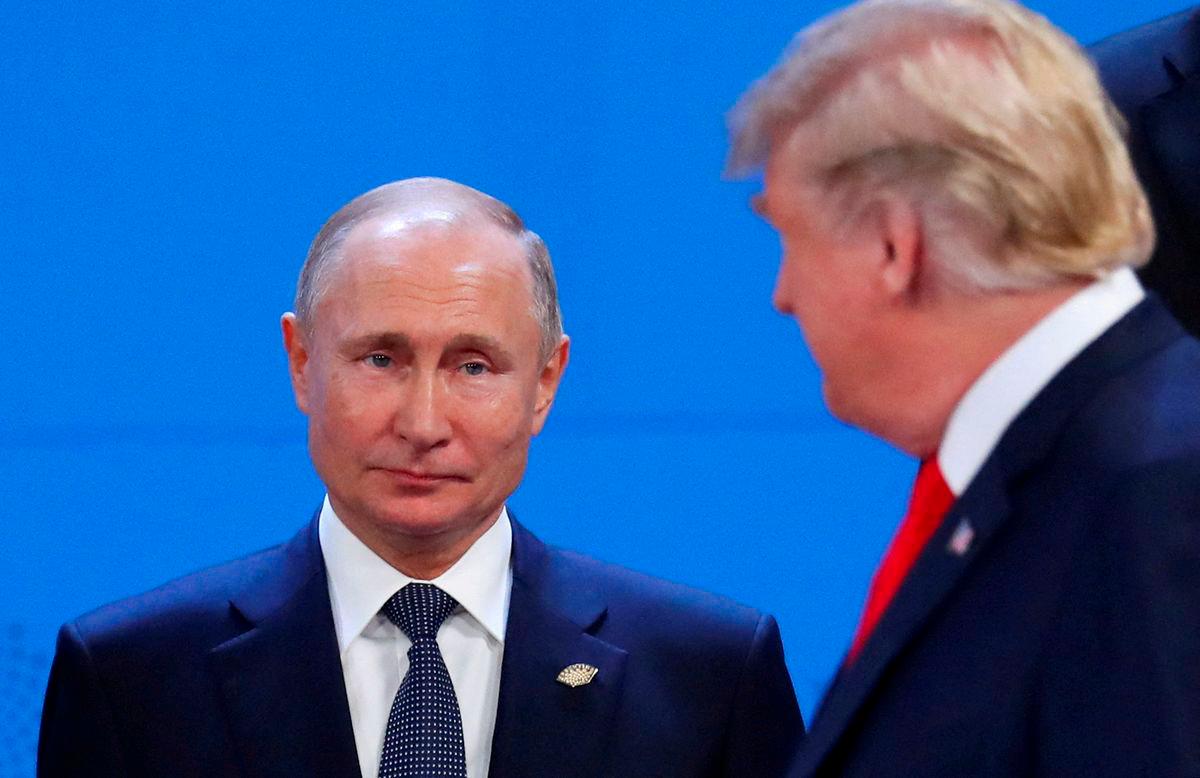WASHINGTON: A bipartisan US bill aiming to impose sanctions on Russia to encourage peace negotiations with Ukraine has gained momentum in Congress.
However, it still lacks the crucial endorsement from President Donald Trump, leaving Ukraine’s allies cautiously hopeful.
Trump, who previously vowed to end Russia’s invasion of Ukraine, has yet to fully back the legislation. He is expected to make a “major statement” on Russia soon, raising speculation over his stance.
Recent frustrations with Russian President Vladimir Putin over ceasefire delays and rising civilian casualties have hinted at a tougher US position.
This week, Trump approved sending defensive weapons to Ukraine and edged closer to supporting the sanctions bill, though he has not yet signed off on the final text. Republican leaders, including Senate Majority Leader John Thune and House Speaker Mike Johnson, have expressed optimism about a vote this month.
Senator Lindsey Graham, a key sponsor, stated that the bill would target not only Russia but also countries like China and India for purchasing Russian energy, which funds Moscow’s war efforts. Despite this, concerns remain over whether Trump will prioritise diplomacy over sanctions.
The White House seeks extensive veto power over sanctions, potentially weakening the bill’s impact. Secretary of State Marco Rubio hinted at a “new approach” discussed during talks with Russian officials but provided no details.
The proposed sanctions would penalise Russian entities and third-party nations trading with Moscow, including 500% tariffs on Russian energy imports. Ukrainian President Volodymyr Zelenskiy has repeatedly urged stronger sanctions to pressure Russia into ceasefire talks.
Negotiations continue to refine the bill, addressing technical issues such as exemptions for US embassy operations in Moscow. However, time is tight, with Congress set to recess soon. Even if passed, Trump’s broad authority to veto sanctions may limit its effectiveness. - Reuters









